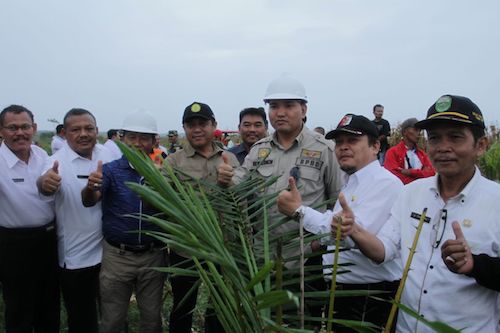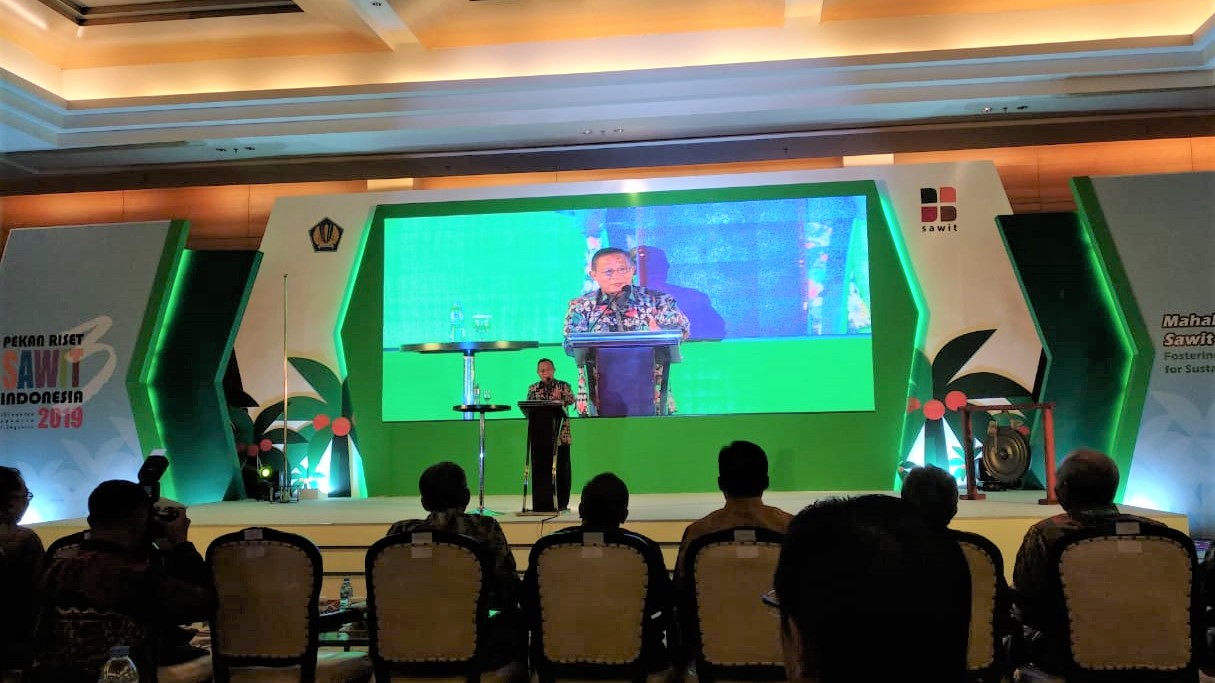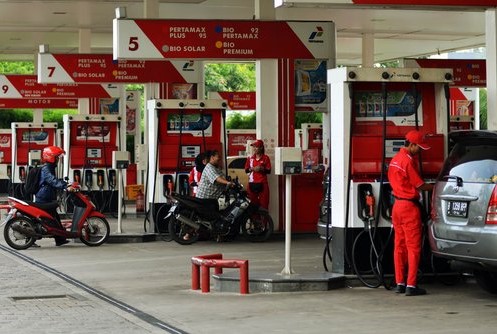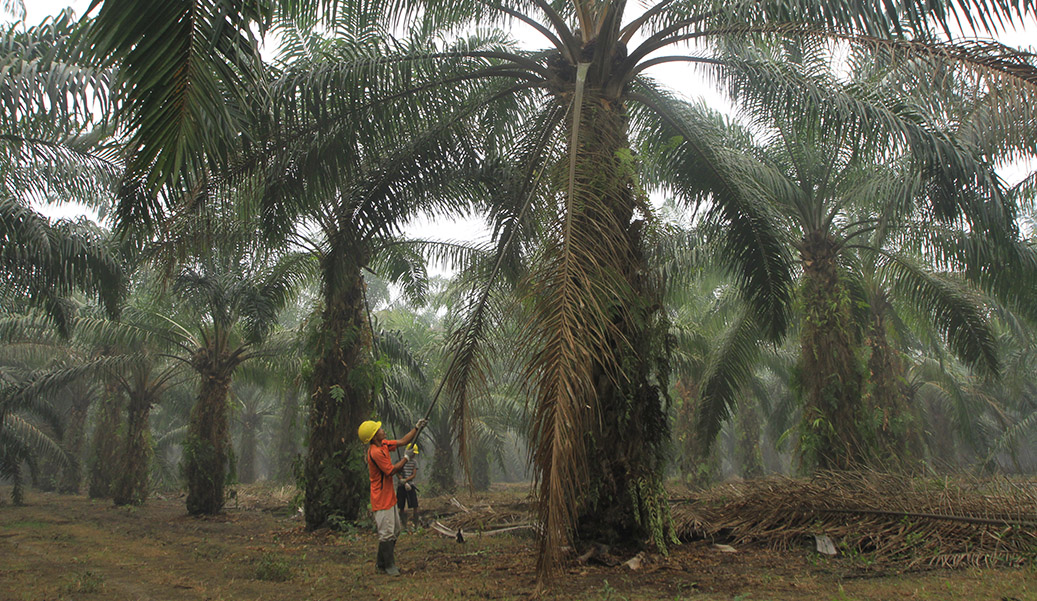Palm Oil Policies Contribute to SDGs Achievement
THE government has made a pledge to strategically assist palm oil industry that continues to grow.
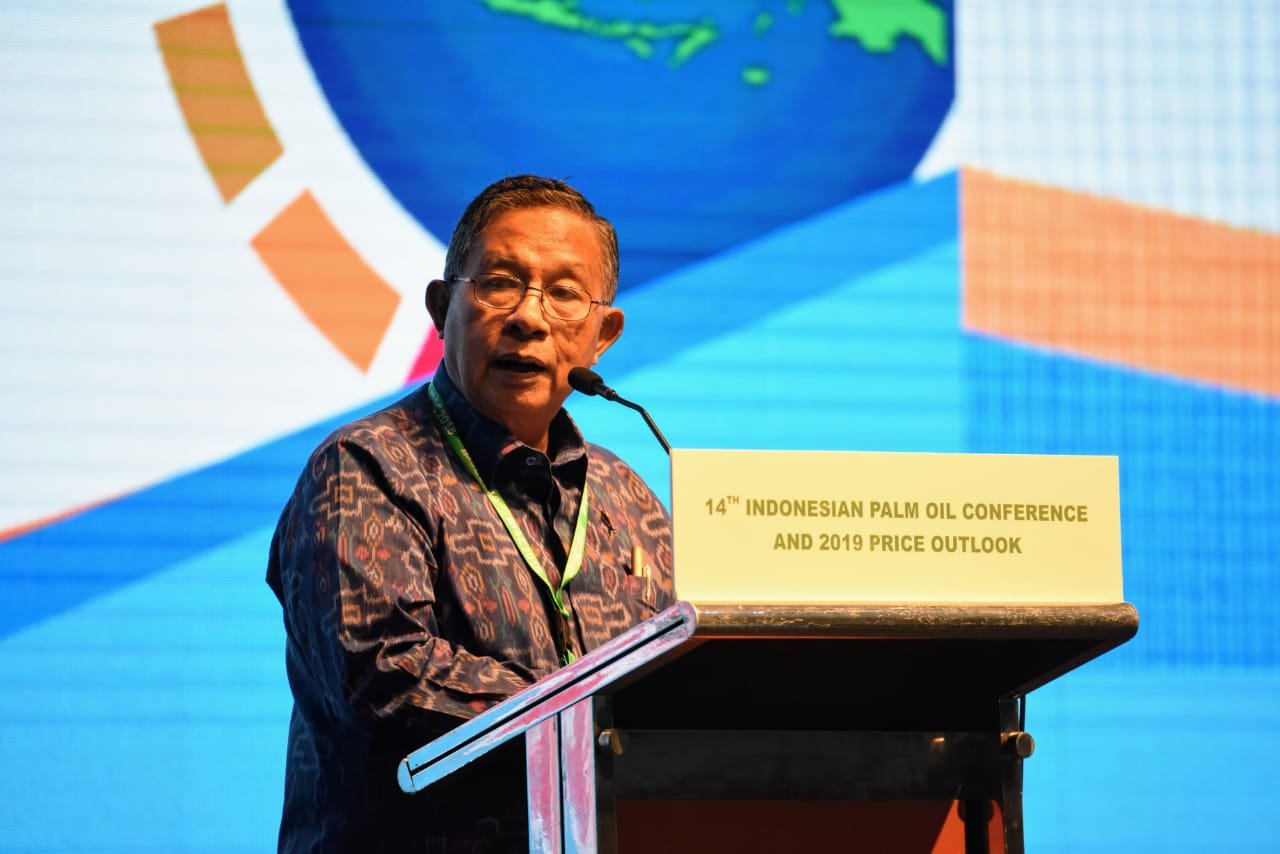
THE government has made a pledge to strategically assist palm oil industry that continues to grow. Government assistance is deemed necessary to create strong bergain position in the future, both in domestic and in global, market by implementing sustainable palm oil practices.
Addressing the first of the two days of the 14th Indonesian Palm Oil Conference (IPOC) held in Nusa Dua, on the island of Bali, Coordinating Minister of Economic Affairs Darmin Nasution said that palm oil is a important commodity for Indonesia.
“Palm oil production has contributed to economic benefits such as government revenues, profits for companies, employment, and raised incomes for smallholders. Hence, it is undeniable that palm oil plays a significant role in implementing the SDGs,” Darmin said at the 14th Indonesian Palm Oil Conference (IPOC) and 2019 Price Outlook, Thursday (1/11/2018).
According to him, palm oil industry has grown impressively since 2014. Based on data released by Palm Oil Agribusiness Strategic Policy Institute (PASPI), the production elasticity of palm oil to Gross Domestic Product (GDP) has reached 2.46%. It means, every 1% growth in palm oil production, both directly or indirectly, may give multiplier effect to related sectors and increase export growth in 2017 by 25.73% to Rp307 trillion compared to previous year.
He also said that palm oil sector needs support so that it can be in line with sustainability principles and contributes to implementation of SDGs. Since 2011, the government has supported the industry to implement sustainability practices by issuing Indonesian Sustainable Palm Oil (ISPO) certificate. ***




